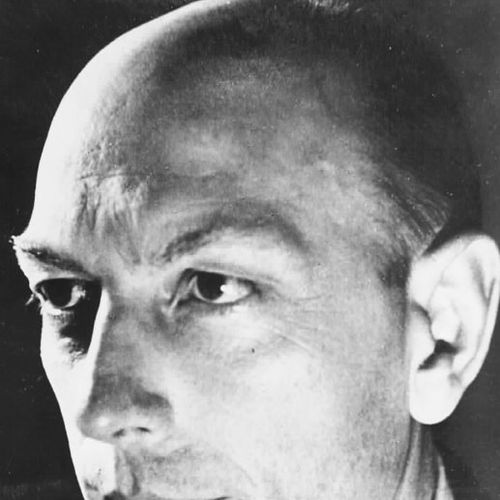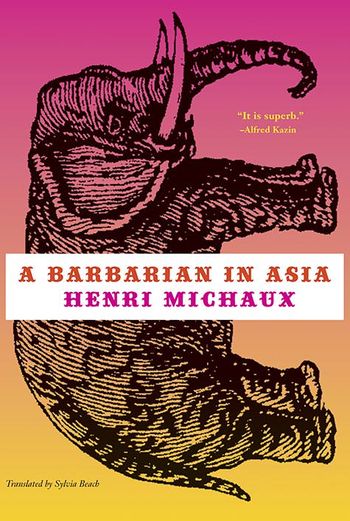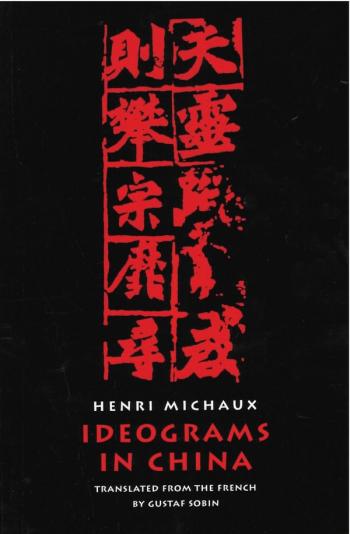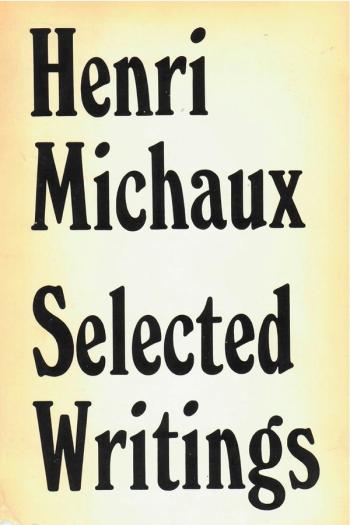Henri Michaux
Henri Michaux (1899–1984) was born in Belgium. He studied mysticism as a young man and traveled throughout South America and Asia in the ’20s and ’30s before settling in Paris. He wrote more than twenty volumes of poetry and prose, gaining his most notable success with A Barbarian in Asia (ND, 1933)—often regarded as a minor classic—and again in the late ’50s when he showed paintings created under the influence of mescaline. In 1965, he was awarded the French National Prize for Letters, but refused the award, saying that it threatened his independence.



